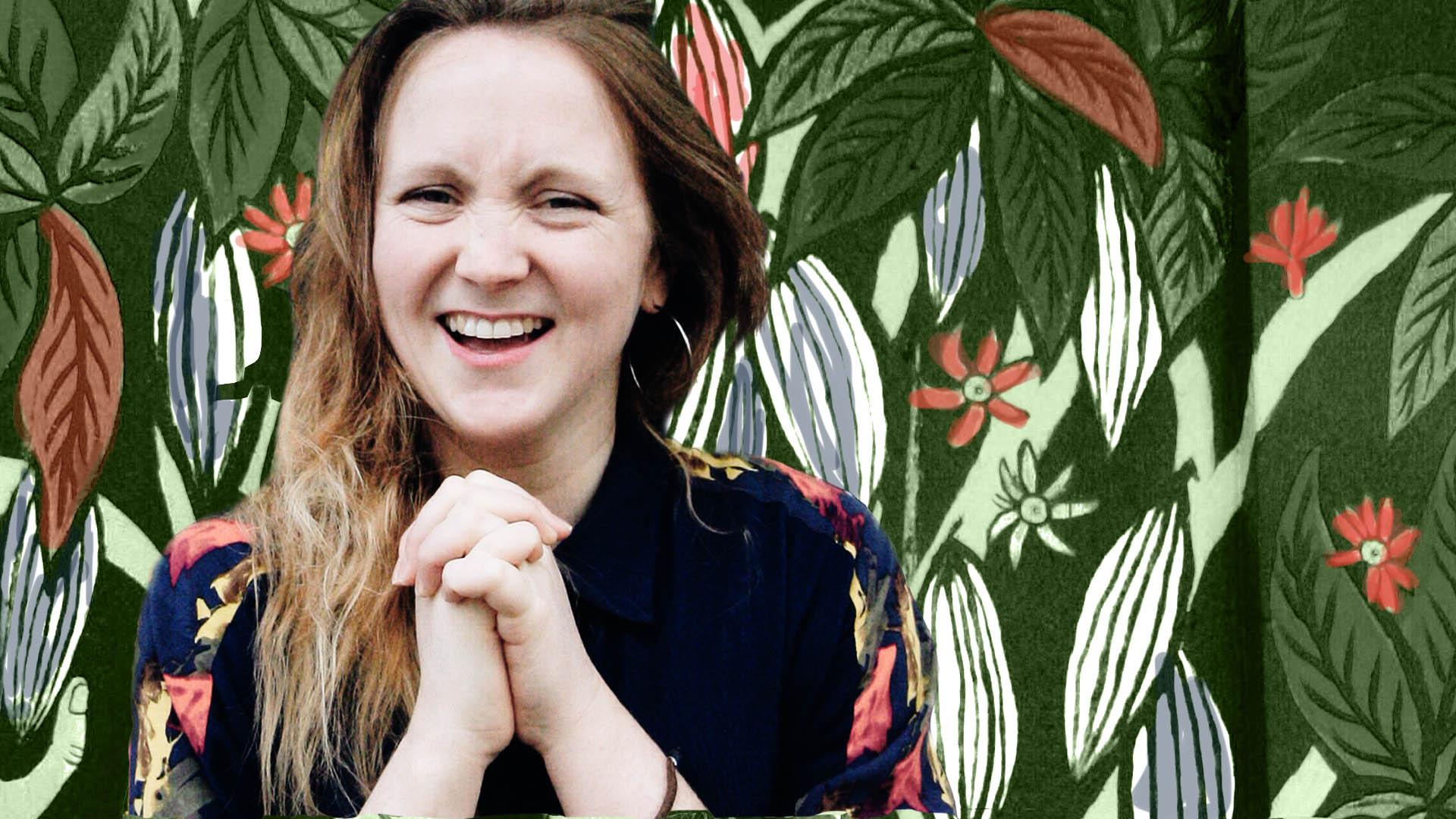Breastfeeding: 'Why I gave my baby another woman's breast milk'
- Published
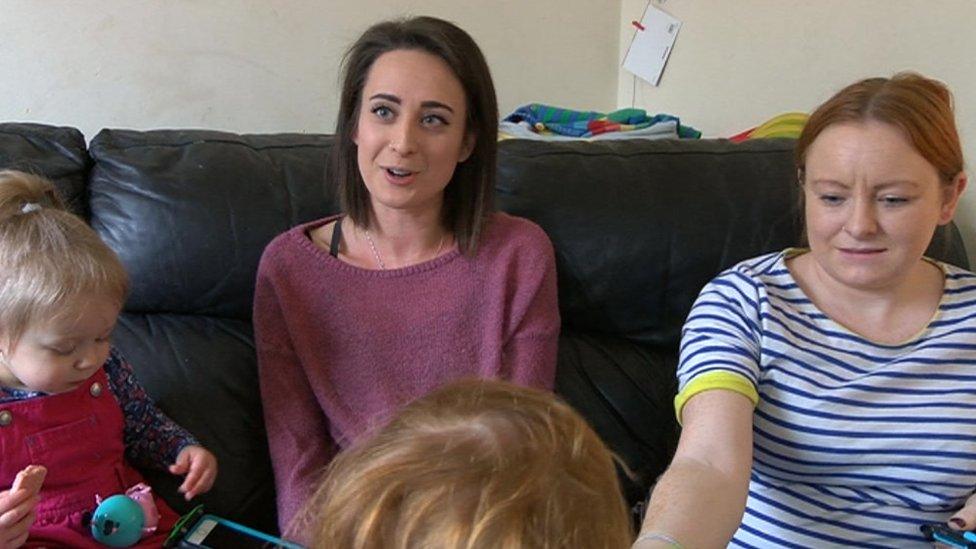
Harriet (l) has informally donated her breast milk to between 15 and 20 babies, including Kay's (r) baby Ollie
Kay Elliot was struggling to breastfeed her third son, Ollie. Despite successfully breastfeeding her first two children, the 32-year-old from Cardiff was suffering with "horrendous" nipple pain and Ollie was losing weight.
Meanwhile, Harriet Tutton, 28, living 10-miles away in Barry, had expressed so much breast milk she bought a second freezer to store it. Accepting a "selfless" donation from Harriet "just made sense". Here, they share their story.
"It never occurred to me not to breastfeed," said Kay.
"I'd previously breastfed my first two sons and the relationship that we developed was just fantastic."
But this time things were not going to plan.
"We had horrendous breastfeeding issues," she said. "I have a permanent scar from Ollie latching. We'd had weight gain issues as well.
"At one point I was told that some women just can't breastfeed, but I knew I wasn't one of those, because I'd done it before."
Kay had met Harriet at a breastfeeding support group. Harriet's baby, Luna, had been unable to latch on to her breast so Harriet was expressing breast milk, external for her using a pump and feeding her from a bottle.
Harriet said: "I've expressed since the beginning. For the first three months I was expressing once every two hours. It just started adding up and I had to buy a new freezer for all the milk."
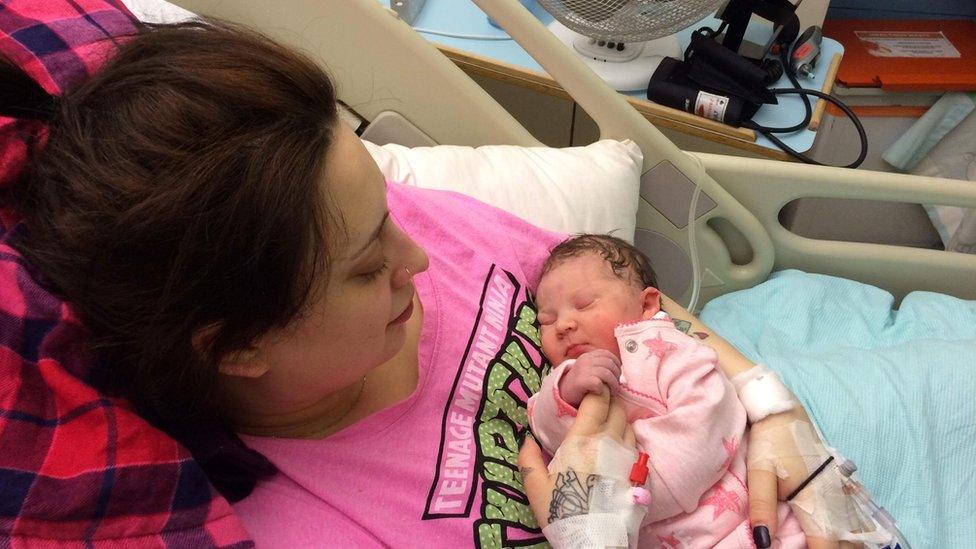
Harriet's baby, Luna, was unable to latch on to her breast so she is fed breast milk from a bottle
Running out of space, she took to social media to ask for advice on what to do with all her frozen milk.
"I put on a Facebook group that I didn't know what to do and someone suggested that I donated it, so I then started looking into it."
But she decided against donating through a milk bank.
"We don't have a milk bank in Wales and I didn't see the point in going for a load of unnecessary tests either - I was tested for everything in pregnancy and was all clear.
"There was such a huge demand around me and so the whole process wasn't needed."
Harriet began giving the breast milk stored in her freezer away to other mothers.
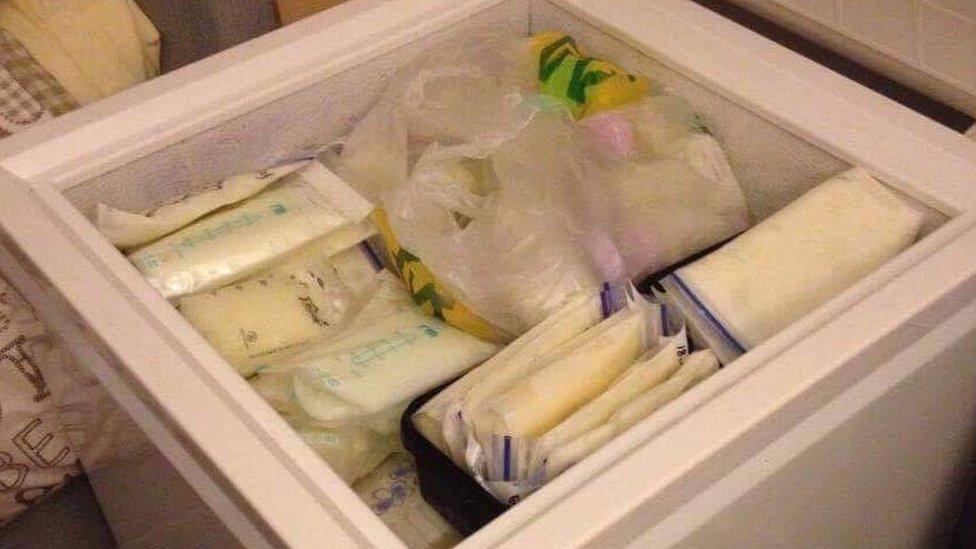
Harriet has a large stash of her breast milk stored at home in her freezer
This means it has not been screened for disease, infection and bacteria as it would be in a milk bank.
Public Health Wales, external, the body overseeing health and wellbeing in Wales, has been asked for its view on informal milk sharing.
But Anna Burbidge from breastfeeding support organisation La Leche League, external said it did not take "any for or against position on milk sharing".
"If a mother does feel she needs extra milk then the licensed human milk bank or another regulated, medically-supervised human milk bank is the best alternative really because it provides pasteurised, screened donor milk," she said.
But this did not deter Kay from accepting breast milk from her friend.
"Harriet had this amazing oversupply, just mounds of milk in the freezer and it just made sense," she said.
"I knew where the milk was coming from and Harriet selflessly donated to us.
"It's always in the back of your mind in terms of medication, diseases, but the chances are if you're obtaining breast milk from a mother that's already breastfeeding, those are going to be issues that aren't there because she's already feeding her own daughter.
"I know Harriet, I've been to Harriet's house. I know that she's meticulous in terms of hygiene because she expresses for her own daughter, so those issues for us just aren't there."
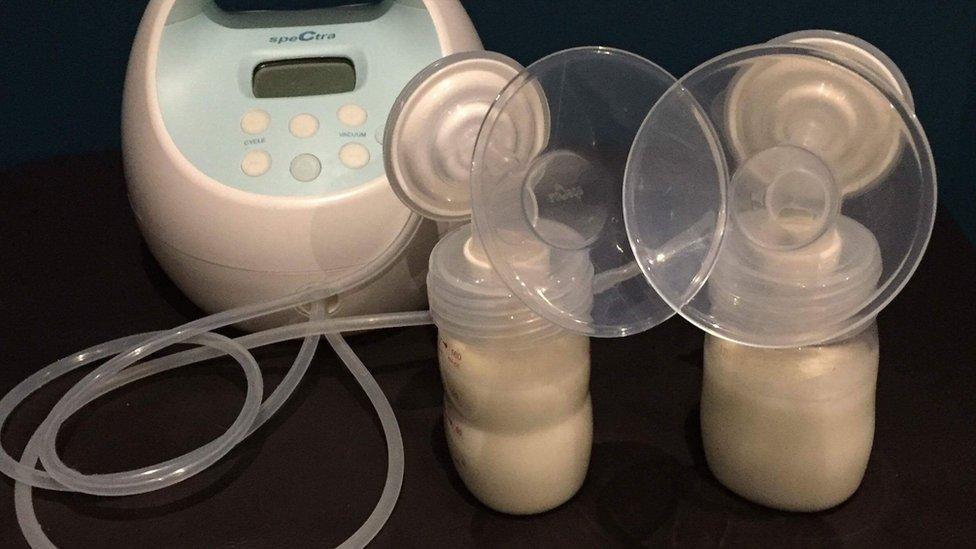
But Kay knows others may not share her views.
"I think I've been selective about who I've told," she said.
"Luckily, I have an amazing support network of very similar-minded friends who all think it's just the most amazing thing ever.
"Unfortunately, there are some narrow-minded people and, indeed, some people who will never agree with informal milk sharing.
"So I tell the people I want to tell. In terms of other people, it doesn't come up. So we just avoid those sorts of conversations."
Harriet and Kay's story is not unique.
Historically, babies have been fed by wet nurses when their mothers have been absent, unable or unwilling to breastfeed.
Before the invention of bottles and formula, wet nursing was the most common alternative to the birth mother's breast milk.
Kay's son, Ollie, has just turned two and now has his mother's breast milk from a cup.
Kay said she has no regrets about using Harriet's breast milk.
"Breastfeeding is something that I'm massively passionate about... obtaining donor milk was just the next step.
"Luckily, I was in the right place at the right time to obtain breast milk. It made total sense."
Harriet's daughter, Luna, is now almost two and Harriet continues to express breast milk for her and to donate to other babies, having donated to between 15 and 20 babies so far.
"It's really rewarding," she said. "You've helped them grow. You've made them into little humans."
- Published15 December 2017
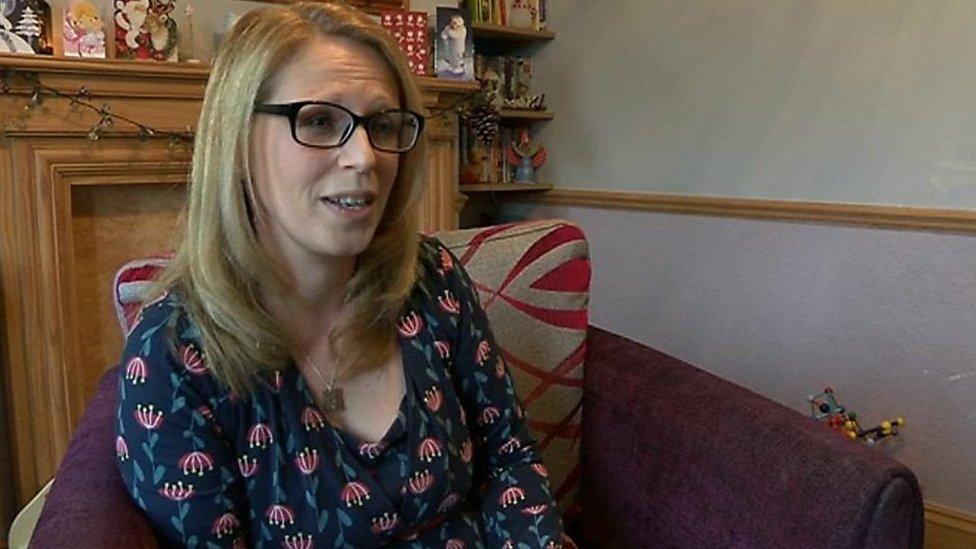
- Published15 December 2017
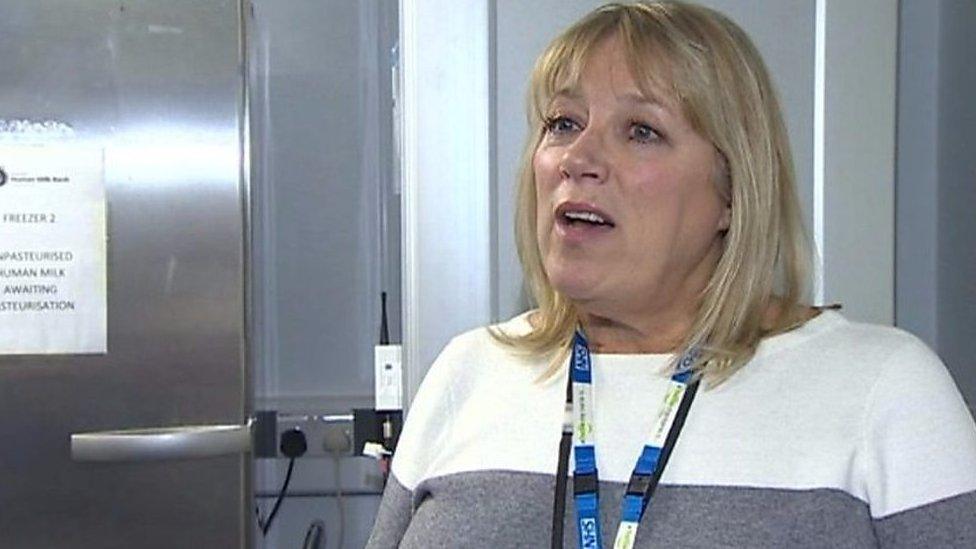
- Published15 December 2017
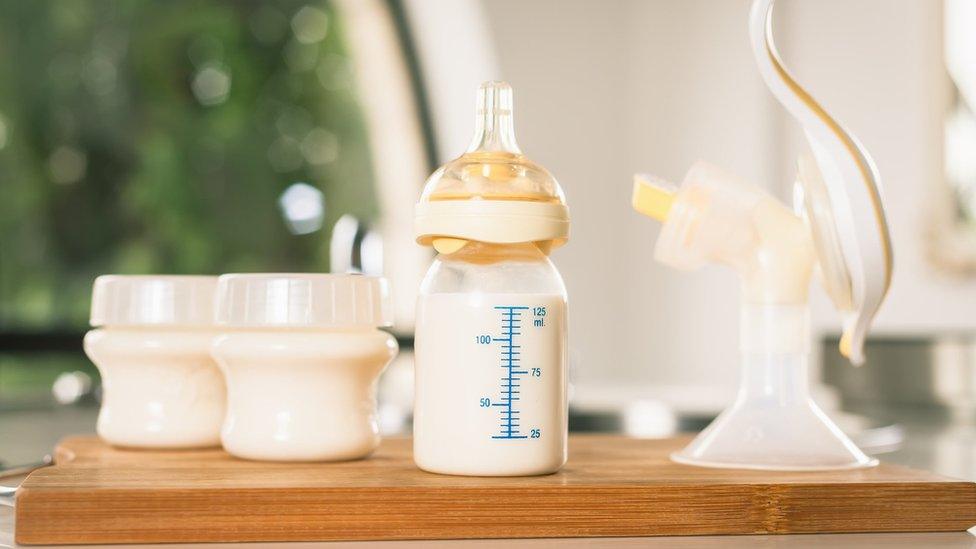
- Published11 December 2017
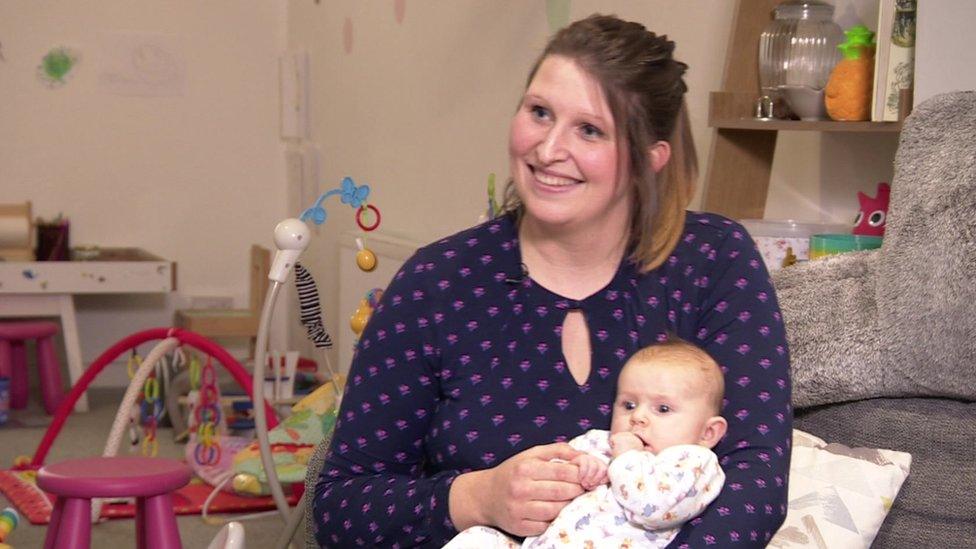
- Published29 January 2016
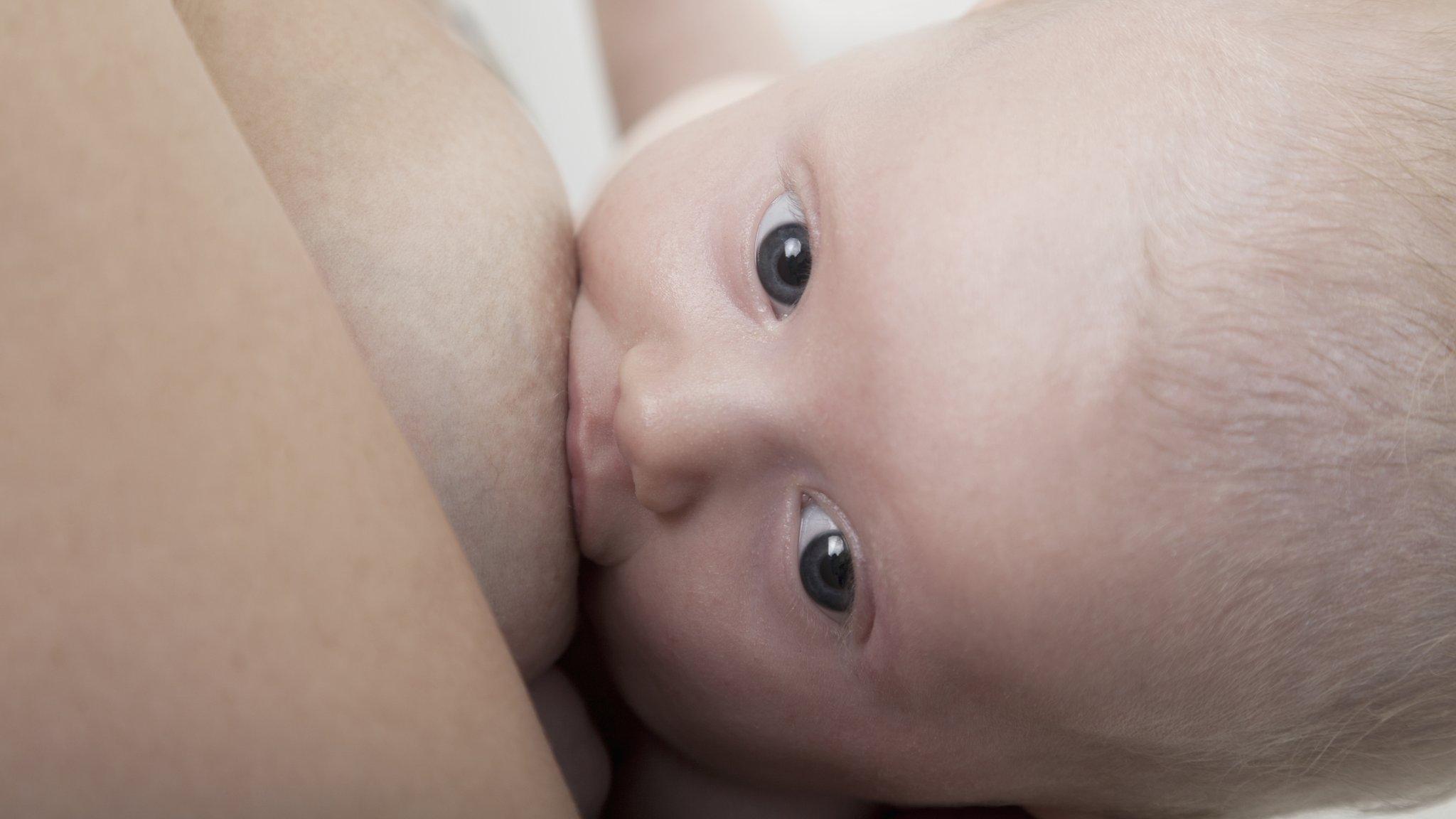
- Published7 January 2014
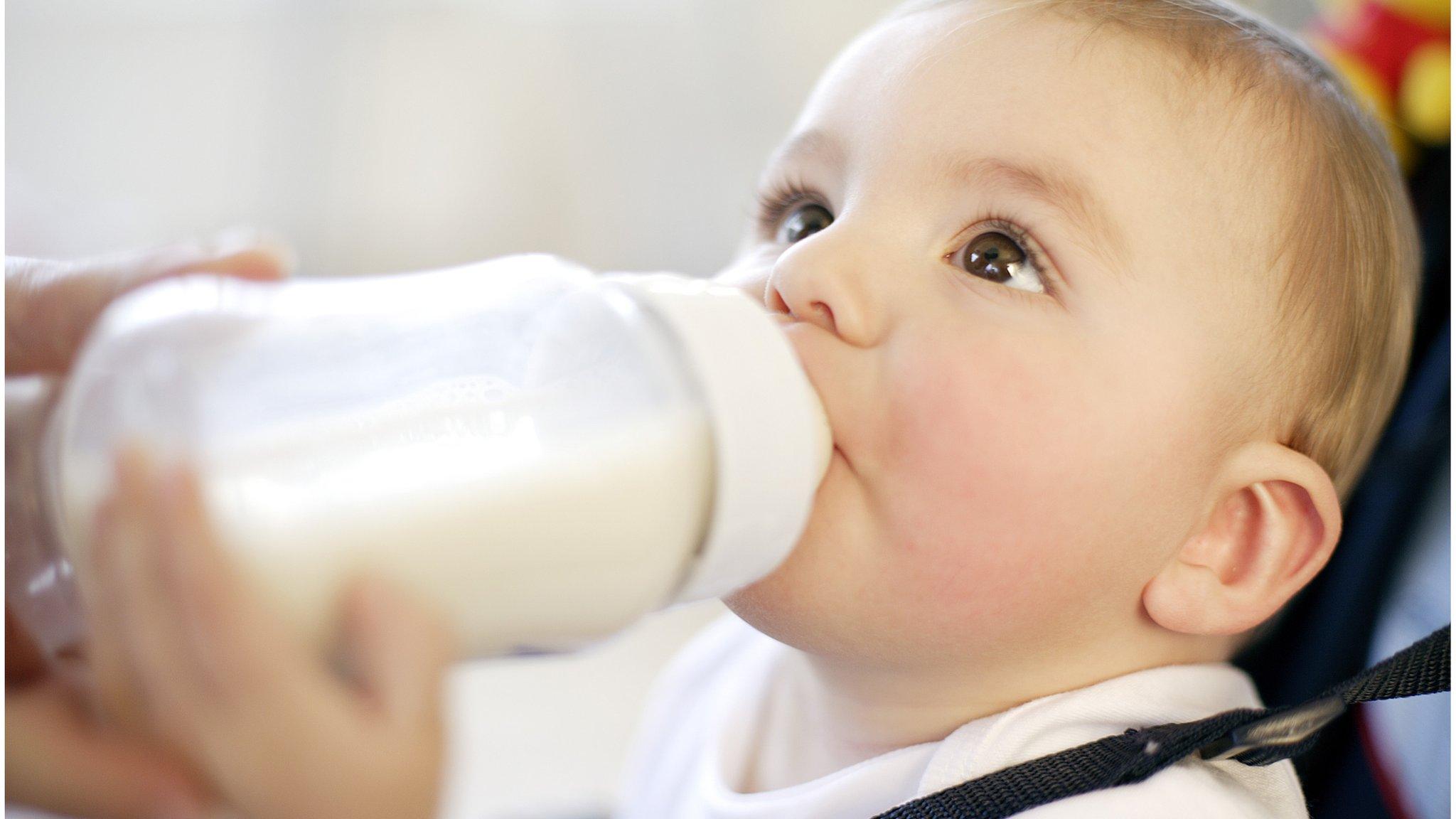
- Published17 October 2016
